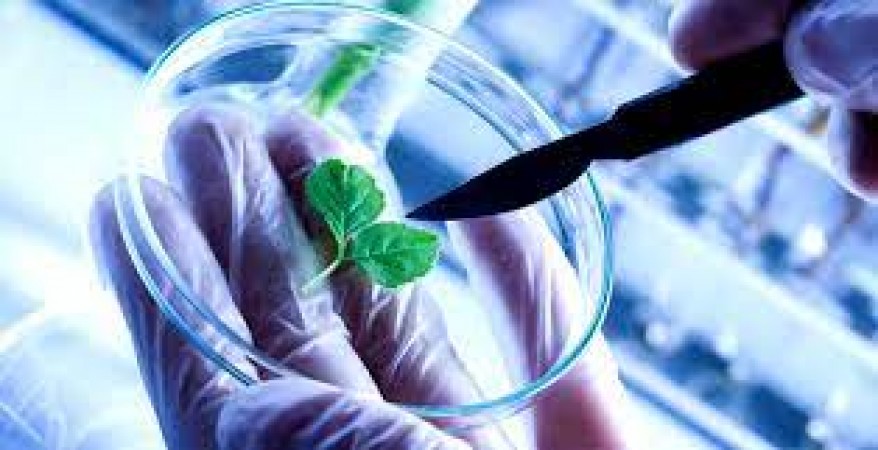
Genetic engineering, a cutting-edge scientific field, has revolutionized our ability to manipulate the genetic material of living organisms. By altering an organism's DNA using various techniques, scientists can enhance traits, create new organisms, and potentially address pressing challenges. However, this remarkable power also raises profound ethical questions and concerns. In this article, we will delve into the world of genetic engineering, exploring its applications, and the ethical considerations it brings to the forefront.
Understanding Genetic Engineering
2.1 The Basics of Genetic Engineering
Genetic engineering involves directly manipulating an organism's DNA in a way that wouldn't naturally occur. Unlike traditional breeding methods, genetic engineering allows for precise control over specific traits. Scientists can insert, delete, or modify genes to achieve desired outcomes.
2.2 Techniques Used in Genetic Engineering
Several techniques facilitate genetic engineering, including CRISPR-Cas9, a revolutionary tool that acts as molecular scissors to precisely edit DNA. This technology has far-reaching implications, from correcting genetic defects to creating disease-resistant crops.
Applications of Genetic Engineering
3.1 Agriculture and Crop Improvement
Genetic engineering has revitalized agriculture. Through the modification of crop DNA, scientists have developed varieties that withstand pests, tolerate harsh climates, and offer improved yields. However, concerns arise over potential ecological disruptions and the impact on traditional farming practices.
3.2 Medical Advancements and Pharmaceuticals
In the realm of medicine, genetic engineering holds immense promise. Personalized treatments based on an individual's genetic makeup are becoming a reality. Gene therapies offer potential cures for genetic disorders, although the long-term effects and accessibility of such treatments raise ethical questions.
3.3 Environmental Conservation
Genetic engineering has been proposed as a solution to environmental challenges. For instance, researchers are exploring ways to modify mosquitoes to reduce their ability to transmit diseases like malaria. However, the release of genetically modified organisms into the wild raises concerns about unintended consequences.
Ethical Considerations in Genetic Engineering
4.1 Altering the Natural Order
Critics argue that genetic engineering disrupts the balance of nature and interferes with the evolutionary process. The creation of "designer babies" and animals with enhanced attributes could lead to societal inequalities and unforeseen consequences.
4.2 Potential Health Risks
Modifying an organism's genetic makeup might have unintended health effects. These could manifest in the modified organisms themselves or even extend to the consumers who ingest genetically engineered products.
4.3 Environmental Impact
The release of genetically modified organisms into the environment could result in unintended ecological disruptions. Interbreeding with wild counterparts, for instance, might lead to the spread of modified genes.
Balancing Innovation and Ethics
5.1 Regulatory Frameworks
Governments and international bodies are working to establish regulatory frameworks that ensure responsible genetic engineering practices. Striking a balance between innovation and ethical concerns is crucial.
5.2 Informed Consent and Public Perception
Respecting individual autonomy and obtaining informed consent are essential in genetic engineering research involving humans. Moreover, public engagement and education are crucial to address misconceptions and build trust.
The Future of Genetic Engineering
As technology advances, genetic engineering's potential will continue to expand. Efforts to address ethical concerns and establish guidelines will shape its trajectory, influencing how we harness its power for the betterment of society. Genetic engineering holds incredible promise for humanity, offering solutions to challenges in medicine, agriculture, and more. However, navigating its ethical implications requires careful consideration. As we step into this genetically modified future, we must ensure that innovation aligns with our values and benefits all of humanity.
Navigating the Shadows: Dark Web's Counterfeit Trade Exposed
Renewable Revolution: Green Technologies Redefining Energy
Navigating the Future: How Remote Work is Reshaping Workspaces